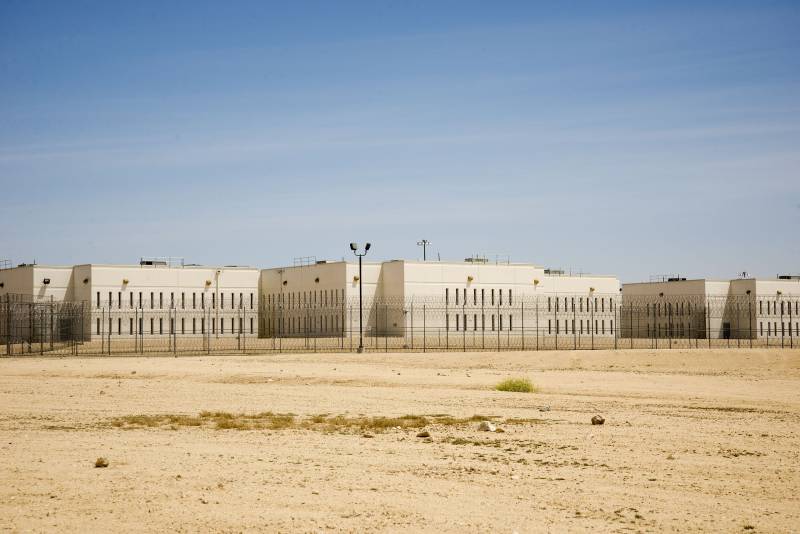"I mean, you're talking about a private prison, let's just get that into perspective," said Jordan, noting that taxpayers are overwhelmingly against private prisons. “In America, there should not be an incentive for profit to lock people up, it should be in the interest of public safety. So closing down a for-profit prison is something that is long overdue. All states are doing it. This is something that's commonplace."
CoreCivic spokesperson Ryan Gustin responded to Jordan’s comments by pointing out that the California City Correctional Facility, which it leases to the state, is fully staffed and operated by unionized CDCR employees and that CoreCivic has no role in the daily operations of the facility. He also noted that the prison is a much more modern facility than those described by Jordan.
"It was built in 1999, and since we began leasing the facility to CDCR in 2013, we have continually invested in facility enhancements to ensure the [California City Correctional Facility] is operating at its optimum performance," Gustin wrote in an email.
Gustin also challenged Jordan's contention that taxpayers are overwhelmingly against private prisons, and said it was "demonstrably false" to claim that most states were moving to close them down.
"Many states continue to work with companies like ours because they face the same challenges California did for years, such as overcrowding and aging infrastructure," he said.
More prison closures in California may soon follow. A budget blueprint (PDF) released Wednesday by state Assembly Budget Committee Chair Phil Ting (D-San Francisco) recommends that three more prisons be closed by 2025, "saving the state up to $500 million annually and [avoiding] billions in capital expenses."
Those incarcerated at the two prisons planned for closure will be relocated to other facilities "based on their housing, custody and rehabilitative needs," according to CDCR.
But Jordan called that plan "vague," and urged the department to prioritize relocating people to prisons closer to where they come from.
"We know when people are closer to home and get closer to their family, that reduces recidivism," he said. "I [also] applaud the efforts of people going to places where they can get a trade, so when they get out, they can get a job that reduces recidivism. I applaud efforts of sending people to places where they can be safe, where they're not getting into trouble. ... I'm really curious and interested in how they facilitate this process."
Jordan says California has been on the wrong track since the 1980s, when it "passed tough-on-crime, incarceration-first policies ... that bloated the prison population." The result of those harsh sentencing policies was that California’s prison population swelled to nearly double its designed capacity, reaching 143,000 by 2011, with almost every one of the state's 34 prisons operated by the CDCR being significantly above capacity.
